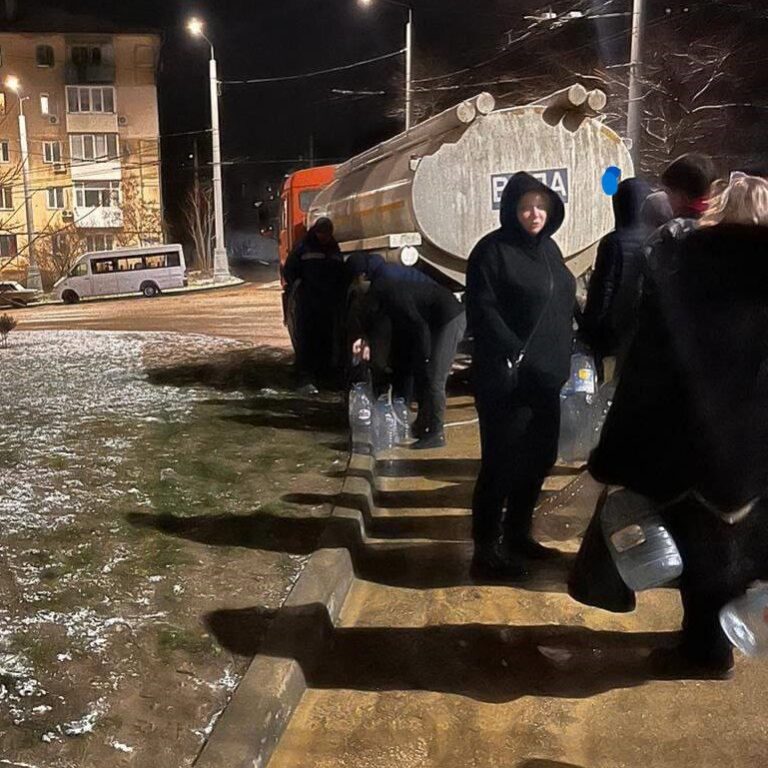On December 13, a number of representatives of the foreign ministry of the aggressor began to accuse the Council of Europe of allegedly “megaphone diplomacy” after the Secretary General of the organization Pejčinović Burić sent a letter to Lavrov a few days ago demanding that Russia fulfill the decisions of the European Court of Human Rights against it. We would like to remind that hundreds of individual and a number of interstate cases related to human rights violations in the Russia-occupied Crimea are under consideration by this interstate body. From March to July 2022, the aggressor, expelled from the Council of Europe, stopped any cooperation with the European Court.
As expert Borys Babin points out, in fact, the aggressor had an obligation not to stop communication with the European Court regarding all violations committed by the Russian Federation before September 16, and also could not stop communication with the Council regarding the implementation of all decisions regarding the Court, as made until 2022, as well as future ones, in which violations occurred before September 16 of this year. However, it is obvious, the expert adds, that the aggressor stopped communication with the international organization in general, in particular, according to the “old” decisions of the European Court, clearly hoping to confuse both the Council and the Court and paralyze the consideration of cases by “non-appearance”.
At the same time, evaluating the Strategy paper regarding the supervision of the execution of cases pending against Russia, approved by the Committee of Ministers of the Council of Europe on December 9, through which the organization’s Secretary General began to publicly send letters to Moscow, Professor Babin adds that the aggressor, as a non-member of the Council, may relatively soon resume formal interaction with it and with the European Court, because “his previous “shaky plan” to paralyze their work with the illegal “legal defection” of Russian agents and diplomats did not work”. Such aggressor’s participation will have the purpose of delaying the consideration of the cases, in particular the Crimean ones, and attempts at the corresponding “eyewash”, but in general, the content of the final verdicts of Strasbourg will not be affected.







